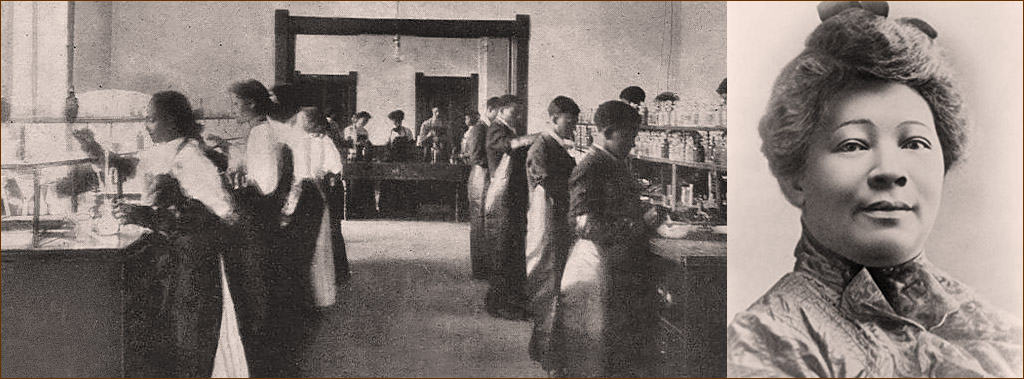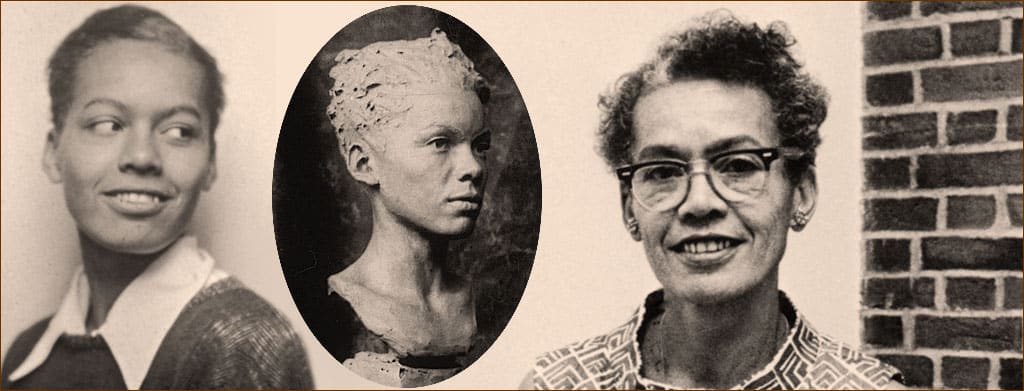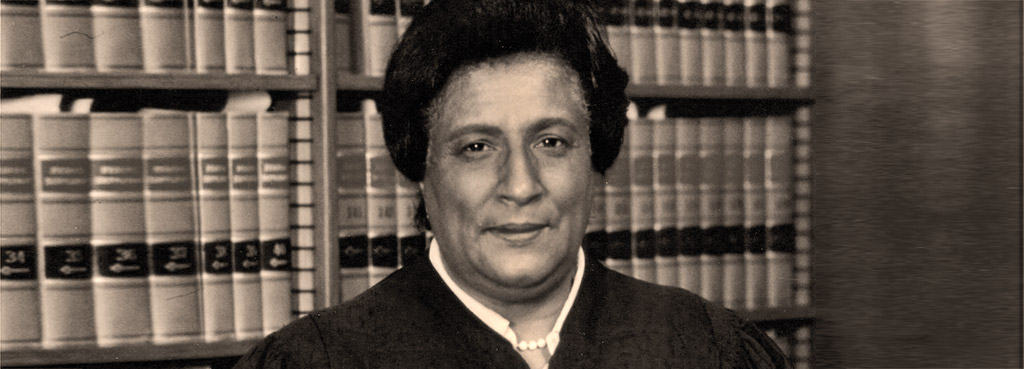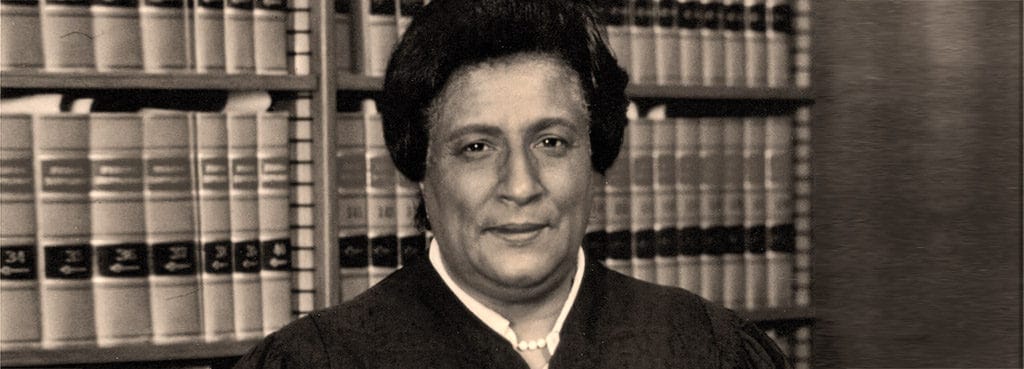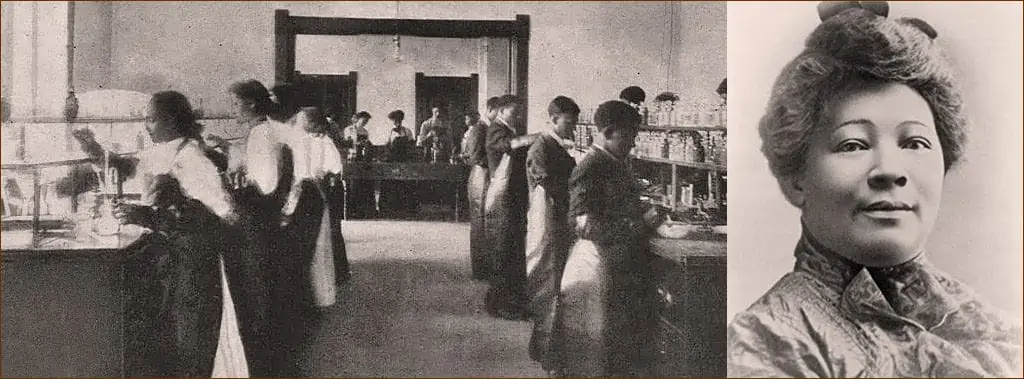
Josephine Silone-Yates, the first African American certified to teach in Rhode Island public schools, also became America’s first black female college professor and the first black female to head a major college science department. Aside from her role in the field of what would later be called STEM education, she also became a national advocate for the rights of black women.
Continue reading “History-Making Black Professor and STEM Advocate Josephine Silone-Yates”

